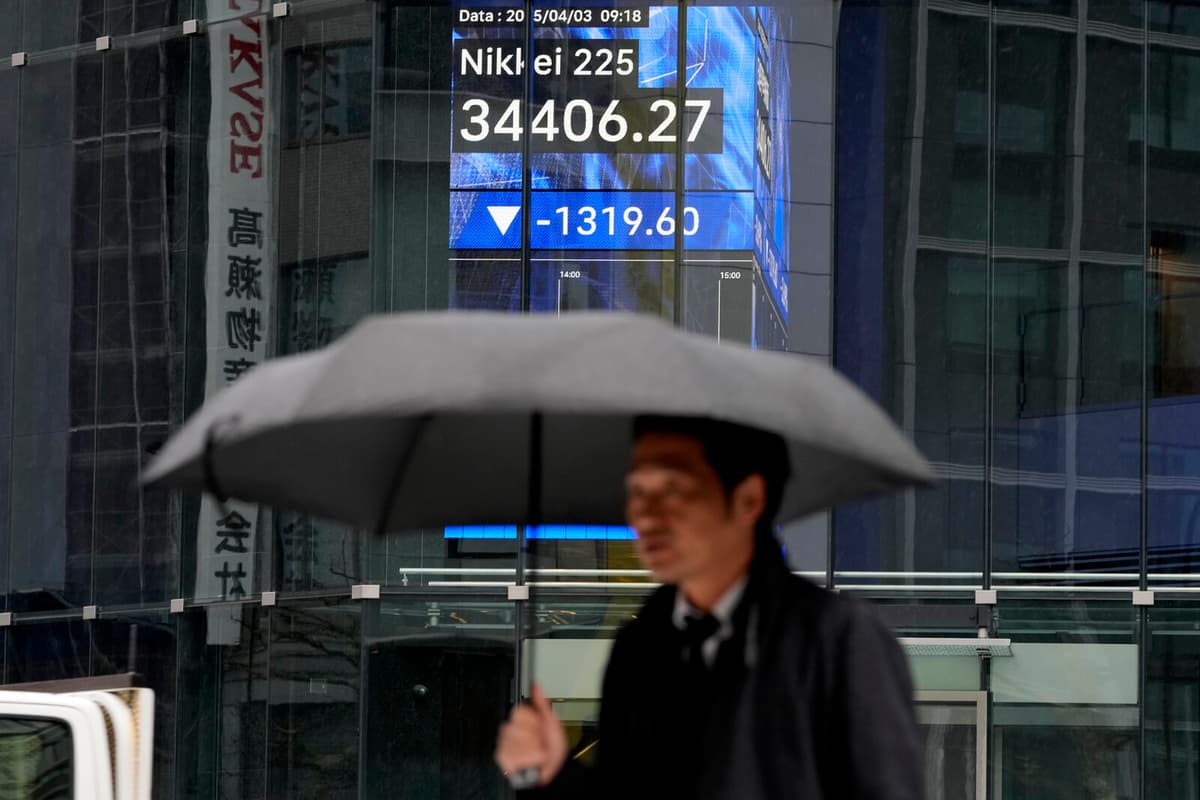In China, the stock exchanges have been partially closed due to a public holiday – so it wasn't until the stock exchange opened on Monday that Chinese investors could trade in the new reality.
In Hong Kong, the Hang Seng index had plummeted 10 percent after just over two hours of trading.
The composite indices in Shanghai and Shenzhen had simultaneously fallen 6.1 percent and 8.4 percent, respectively.
In Japan, the yen had strengthened against the dollar, while the stock exchanges in Tokyo continued to plummet after last week's broad declines. When traders took lunch, both the Nikkei 225 and the broader Topix index were pointing to a minus 6.5 percent.
South Korea's Kospi index was simultaneously down 4.6 percent.
The US and European stock exchanges plummeted at the end of last week after Donald Trump's tariff announcement on Wednesday, followed by China's response on Friday regarding countermeasures.
Monday is also expected to be a tough day on Wall Street. Just after midnight Swedish time, the futures were indicating that the Dow Jones index would drop 3.6 percent, while the broader S&P 500 would fall 3.9 percent.
On Friday, China clarified that the country would impose an additional 34 percent tariff on goods from the US in response to Donald Trump's equally large tariff rates, which caused all three major indices in New York to continue falling.






